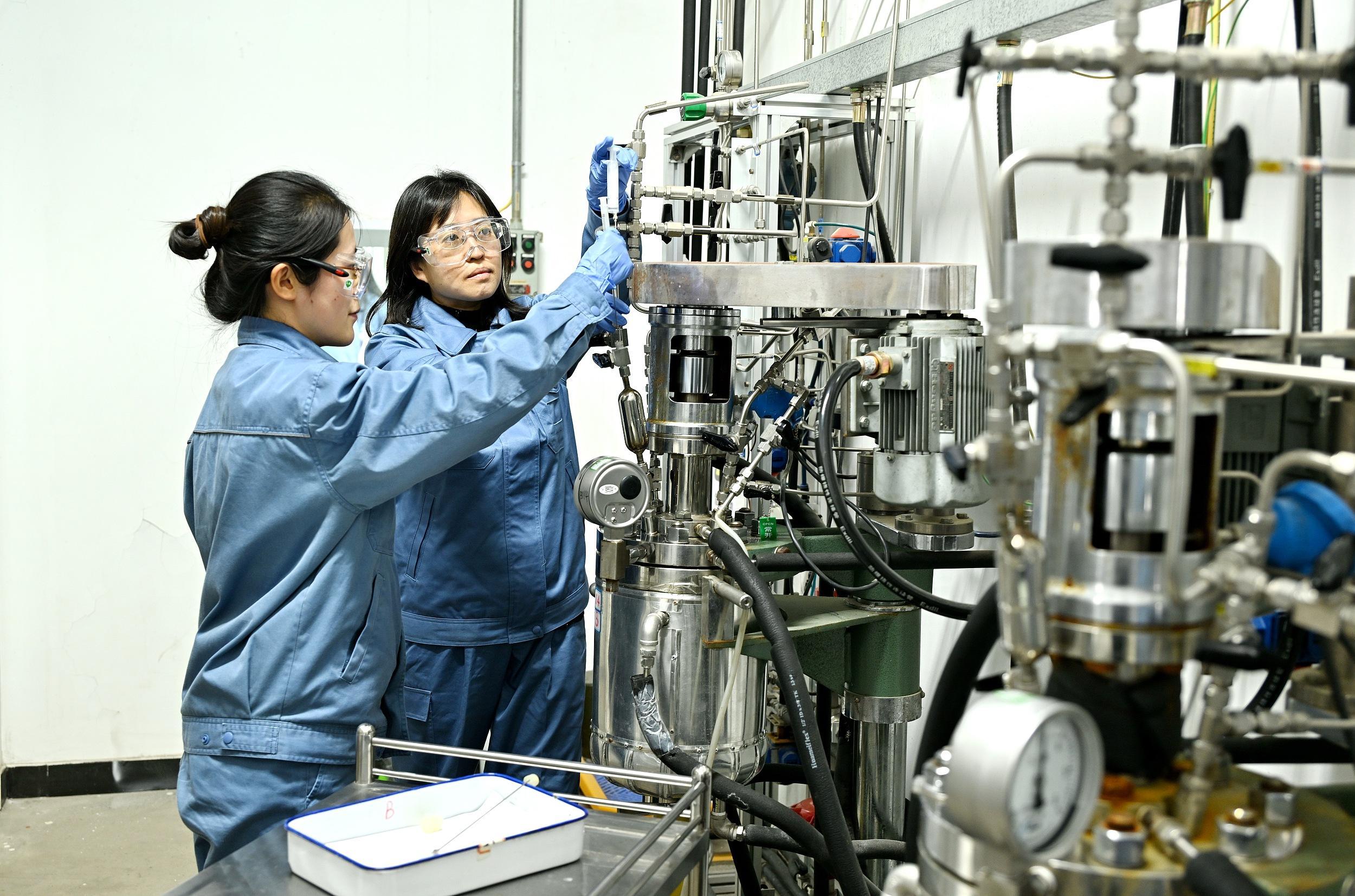Exploring China's Path to Open Science

Open science refers to the use of open access (OA) and open reuse of scientific knowledge to improve the level of scientific cooperation and information sharing, thus benefiting both science itself and humanity.
With its rapid development globally, open science benefits the public and exchanges knowledge, according to Yang Wei, academician of the Chinese Academy of Sciences (CAS), chairman of the CAST-UN Consultative Committee on Open Science and Global Partnership.
The UNESCO Recommendation on Open Science was adopted in 2021, affirming the importance of open science as a vital tool to bridge the science, technology and innovation gaps between and within countries, and to fulfill the human right of access to science.
Yang said that open science has prompted the scientific community to form a new scientific research paradigm, promote responsible research, and make scientific research more inclusive.
"Under the trend of open science, OA is a major change in the way academic papers are communicated," said Liu Xiwen, director of the National Science Library, CAS, "It transforms the long-standing pay-for-view model (terminal payment) into the open-for-view (front-end payment), making the academic information spreading more convenient and widespread."
China has been promoting open science for more than 20 years. Data shows that the number of open access papers and scientific data papers published by Chinese scholars has increased year by year.
Being sufficient in resources and authors, China has a huge advantage in scientific research output. Yang said, "We must build a S&T data platform that matches our scientific research output, to achieve the goal of forming a multinational scientific data platform cluster and establishing a professional think tank aimed at global open science governance."
Open publishing against the background of open science is an inevitable trend in the development of English language scientific journals in China, said Peng Bin, general manager of China Science Publishing & Media. "Currently, most of the newly established English-language scientific journals in the nation have adopted the OA model to cooperate with international scientific publishers," he said.
Now more is being done to promote the development of open science in China.
Measures such as formulating a hierarchical data sharing policy for open data, using big data, artificial intelligence, cloud computing and mobile services to support OA, along with signing cooperation agreements with scientific research funding agencies to fill the publishing fund gap, are being taken so as to adapt to the development of open science by both science and technology publishers and libraries, according to Peng.
Liu echoed this view, stressing that the original basic role and functions of the library have not changed under OA. The library should focus on playing the role of a knowledge service center, participate in academic information governance, and assume the social responsibility of fair access and effective distribution.
China needs to cultivate world-class scientific journals, and promote the construction of its own scientific literature and international digital publishing platforms, according to Peng Bin.






